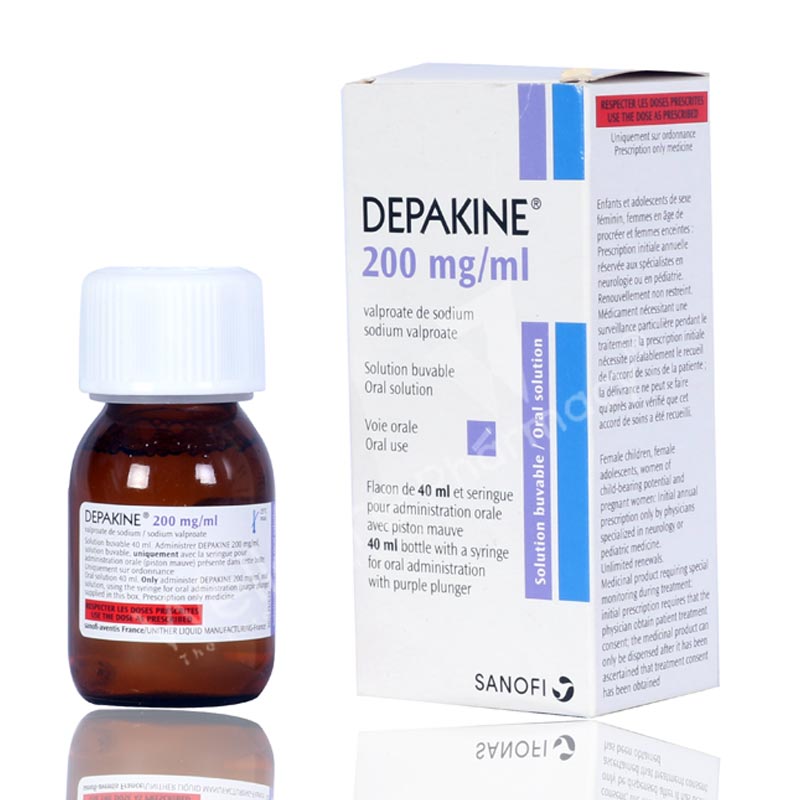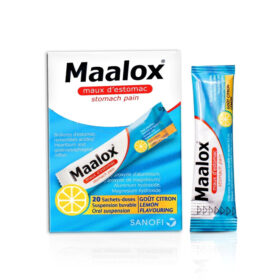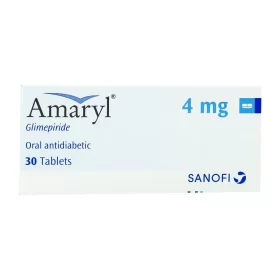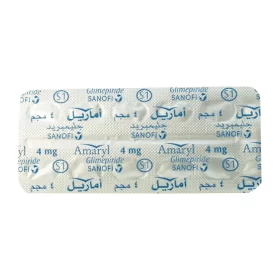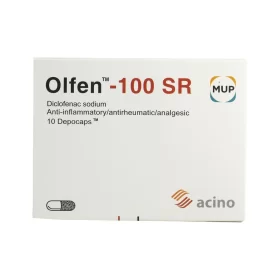Uses for Depakene
Valproic acid is used to treat certain types of seizures (epilepsy). This medicine is an anticonvulsant that works in the brain tissue to stop seizures.
Valproic acid is also used to treat the manic phase of bipolar disorder (manic-depressive illness), and helps prevent migraine headaches.
This medicine is available only with your doctor’s prescription.
Before using Depakene
In deciding to use a medicine, the risks of taking the medicine must be weighed against the good it will do. This is a decision you and your doctor will make. For this medicine, the following should be considered:
Allergies
Tell your doctor if you have ever had any unusual or allergic reaction to this medicine or any other medicines. Also tell your health care professional if you have any other types of allergies, such as to foods, dyes, preservatives, or animals. For non-prescription products, read the label or package ingredients carefully.
Pediatric
Appropriate studies performed to date have not demonstrated pediatric-specific problems that would limit the usefulness of valproic acid in children. However, safety and efficacy have not been established in children with epilepsy younger than 10 years of age, and in children with migraine younger than 12 years of age. Because of valproic acid’s toxicity, use in children younger than 2 years of age requires extreme caution.
Geriatric
Appropriate studies performed to date have not demonstrated geriatric-specific problems that would limit the usefulness of valproic acid in the elderly. However, elderly patients are more likely to have unwanted effects (eg, tremors or unusual drowsiness), which may require an adjustment in the dose for patients receiving valproic acid.
Breast Feeding
There are no adequate studies in women for determining infant risk when using this medication during breastfeeding. Weigh the potential benefits against the potential risks before taking this medication while breastfeeding.
Interactions with Medicines
Although certain medicines should not be used together at all, in other cases two different medicines may be used together even if an interaction might occur. In these cases, your doctor may want to change the dose, or other precautions may be necessary. When you are taking this medicine, it is especially important that your healthcare professional know if you are taking any of the medicines listed below. The following interactions have been selected on the basis of their potential significance and are not necessarily all-inclusive.





